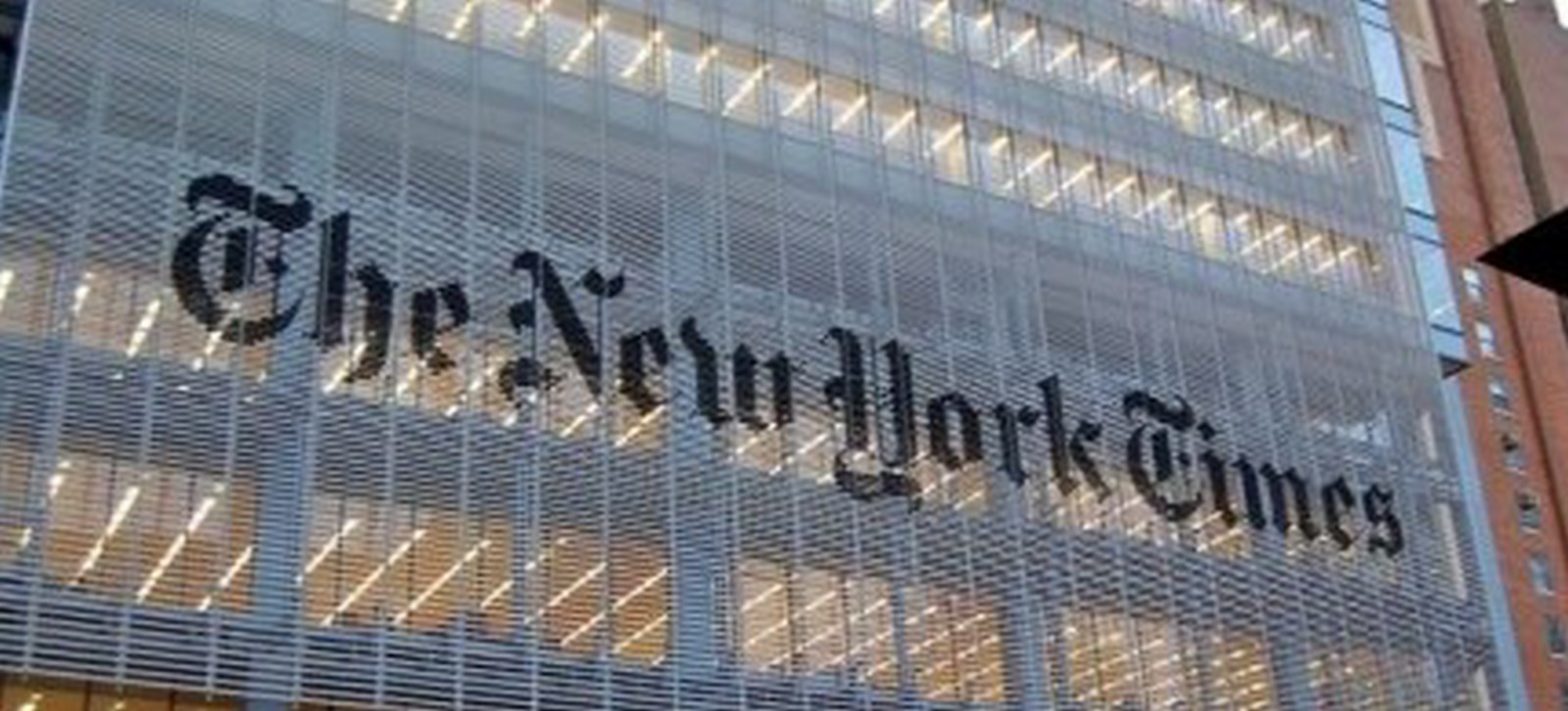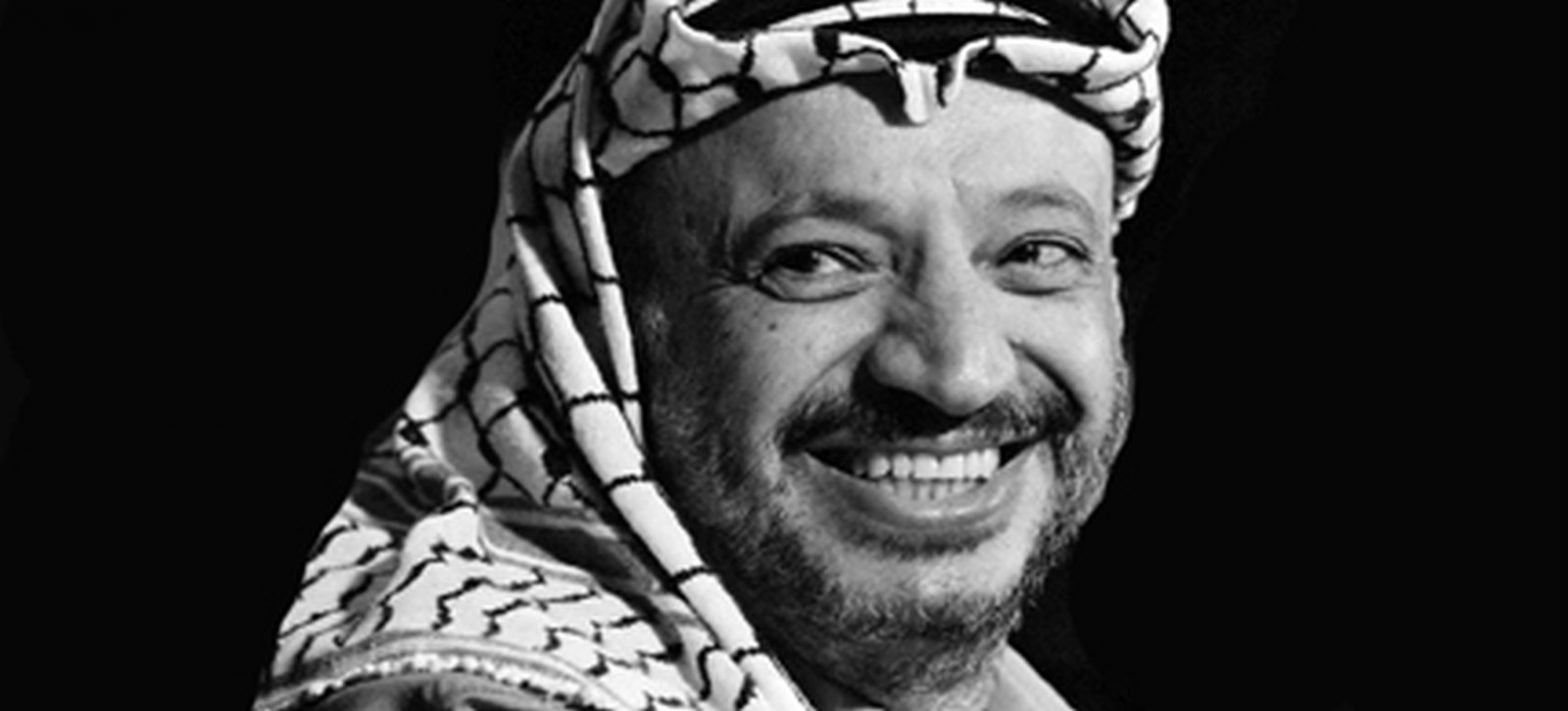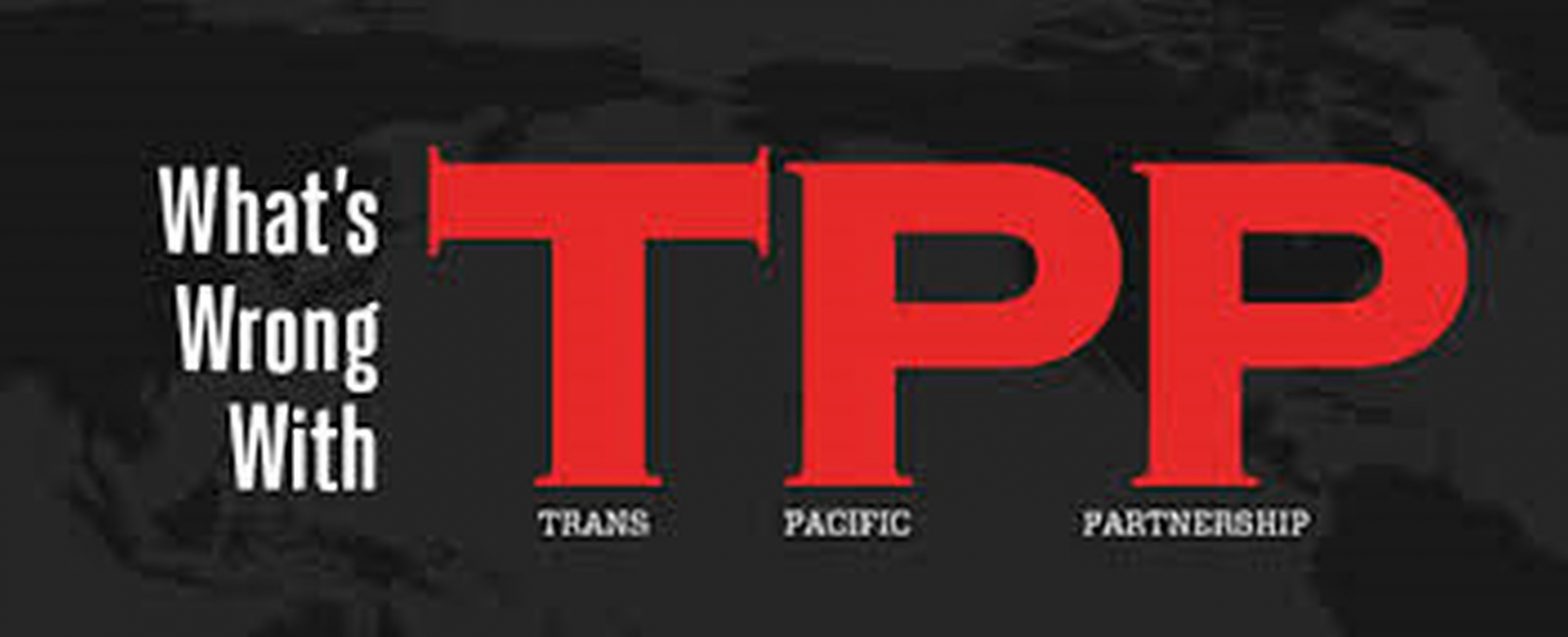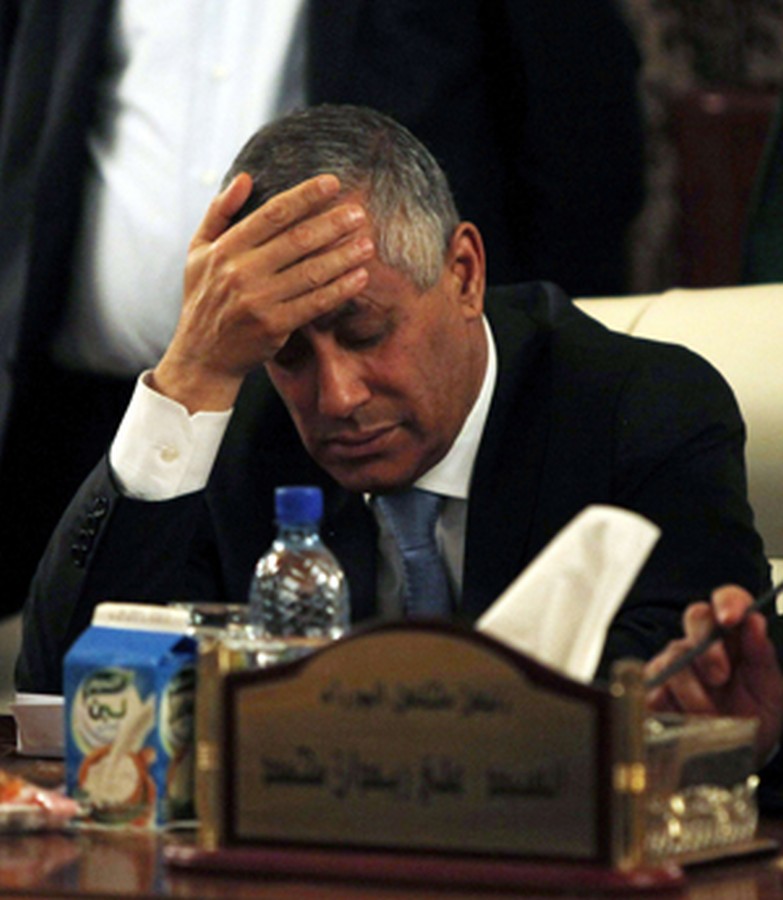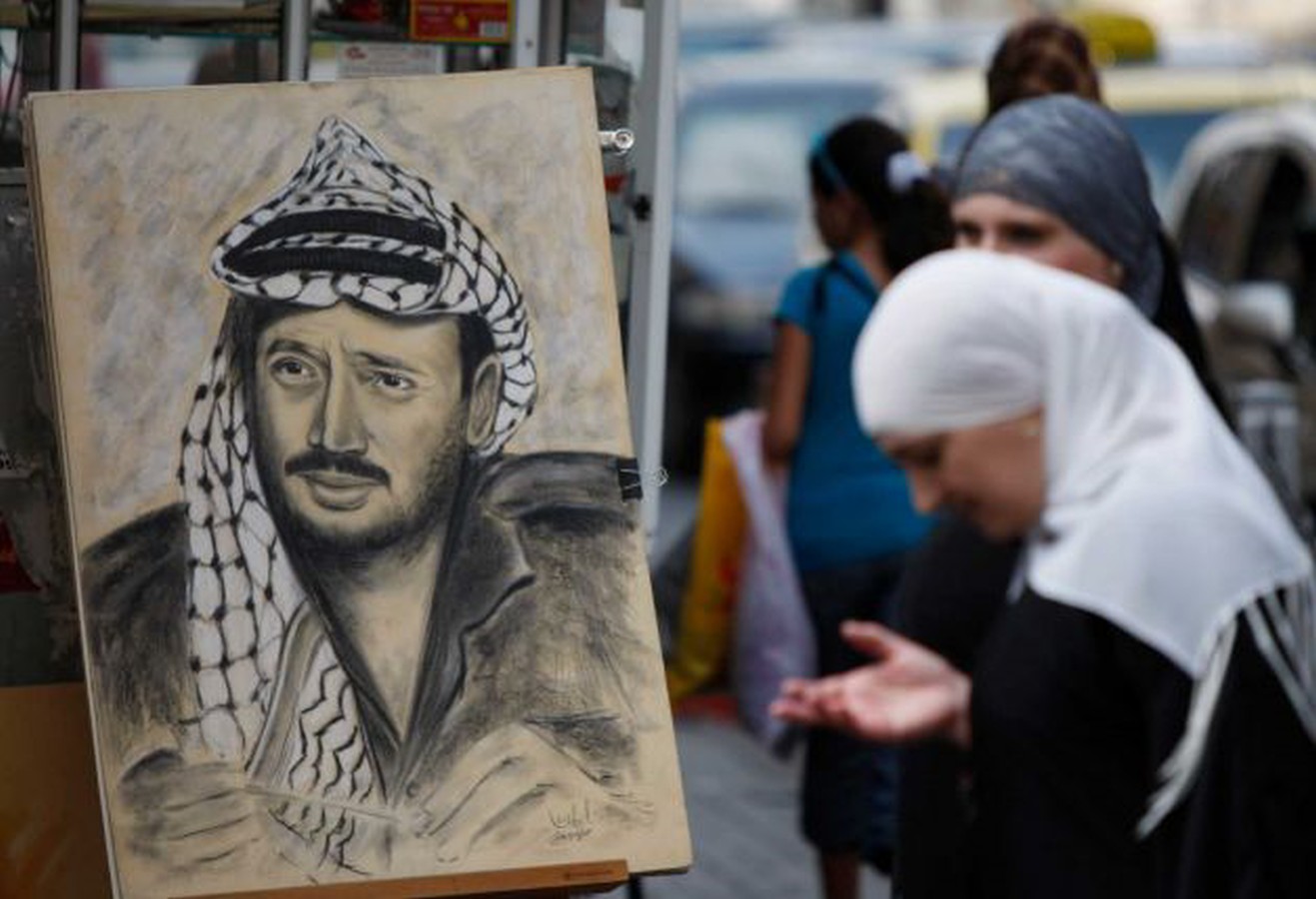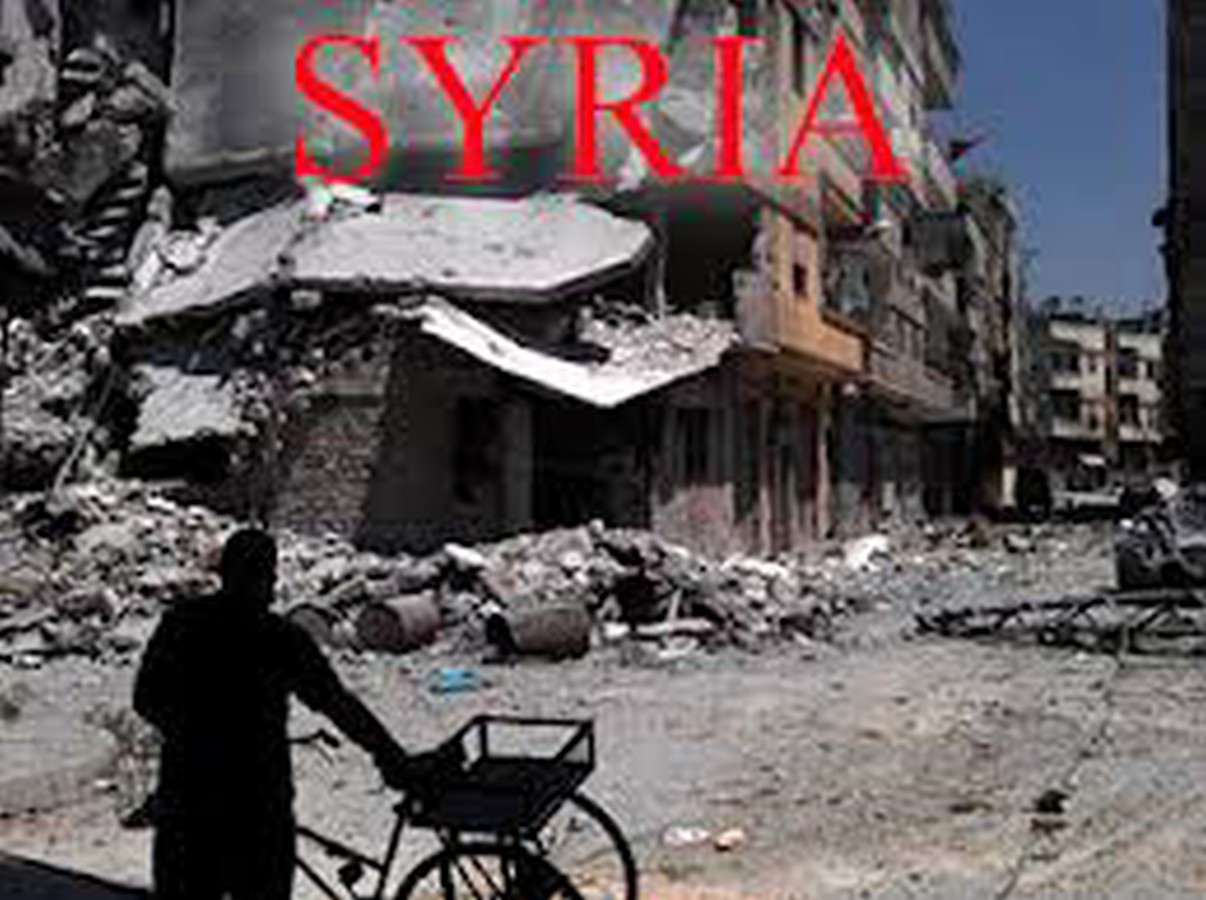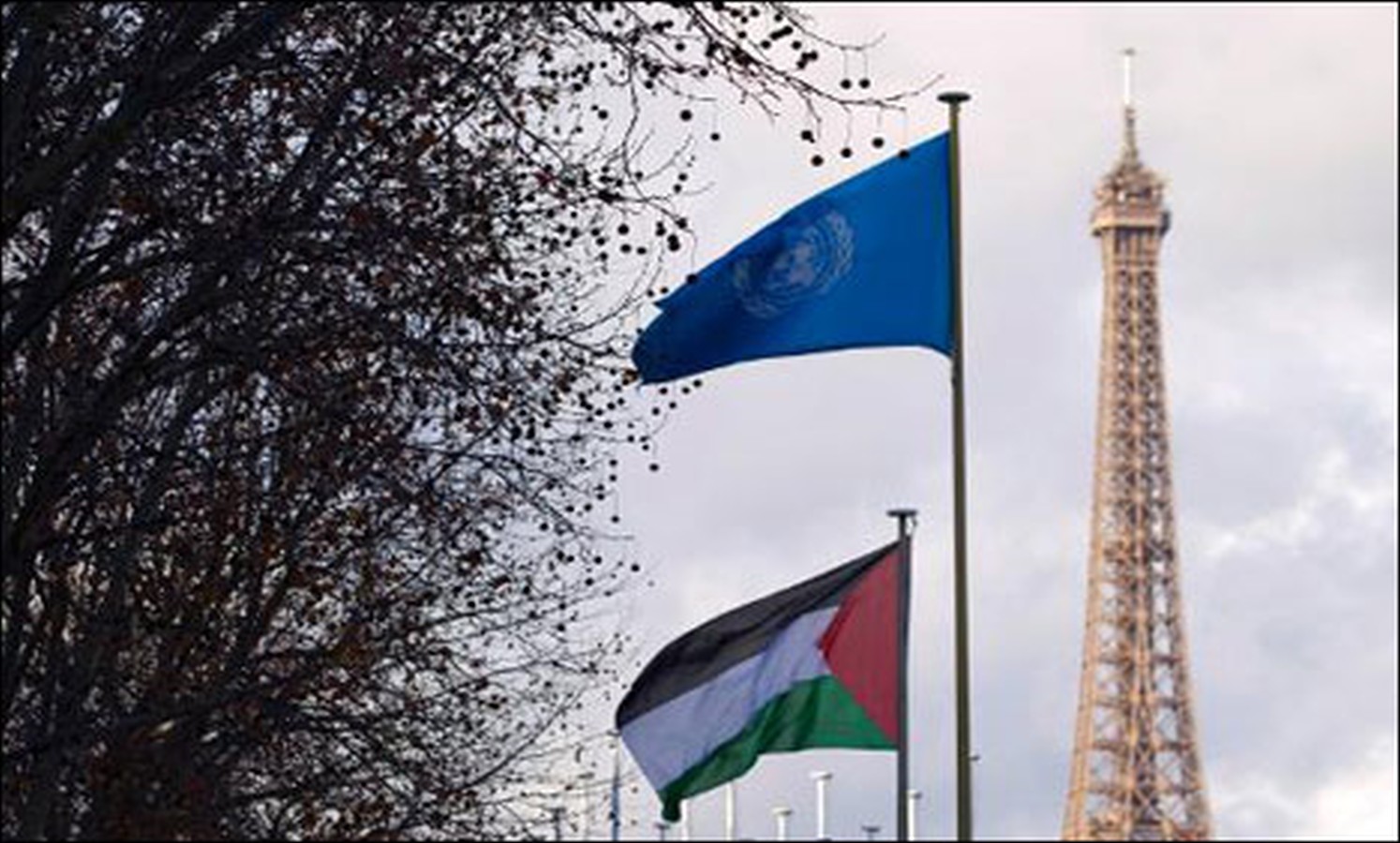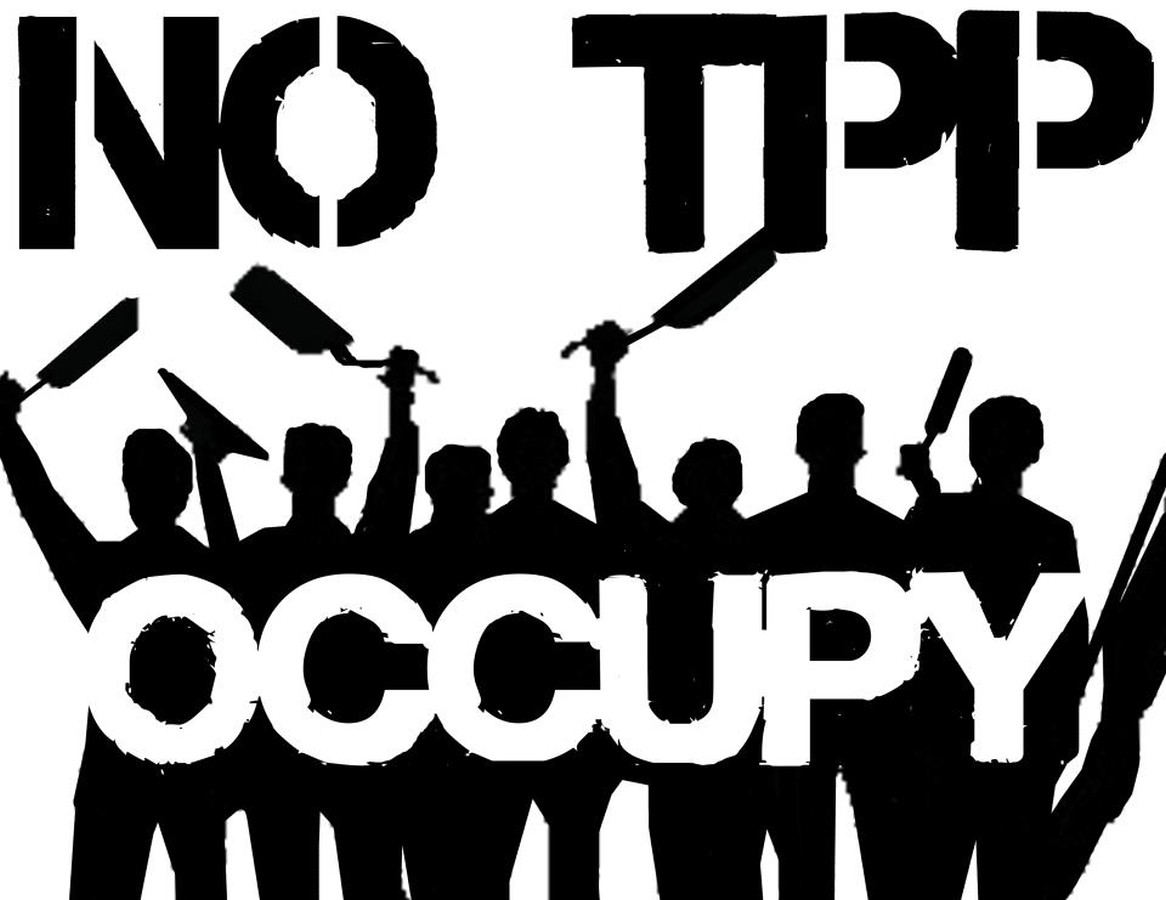By Vacy Vlazna
12 November, 2013
@ Countercurrents.org
Here we go again. On Israel and the US losing their UNESCO voting rights, ‘Israel’s ambassador to UNESCO, Nimrod Barkan, ‘said in an interview that his country supports the U.S. decision [to suspend contributions], “objecting to the politicization of UNESCO, or any international organization, with the accession of a non-existing country like Palestine.” (AP 8-11-13)
Palestine-denial, next to straight out violent ethnic-cleansing, is Israel’s sinister stratagem to wipe Palestinians off the face of their own ancestral land in order to lay a fictitious claim to the whole of historic Palestine.
Like the boy who cried ‘wolf’, Israel’s frenetic cries of ‘delegitimisation’ or’ anti-semitism’ at criticism of its illegal occupation and apartheid policies, is falling on the skeptical ears of the decent masses fed up with Israel’s double standards of delegitimising Palestine and dehumanising Palestinians as non-people.
In between the years spanning Golda Meir’s “There were no such things as the Palestinians… They did not exist.” (June 15, 1969) to the regurgitation by US Presidential nominee candidate, Newt Gingrich, Sheldon Adelson’s ventriloquist dummy, “Remember, there was no Palestine as a state — (it was) part of the Ottoman Empire. I think we have an invented Palestinian people who are in fact Arabs” (10 12- 11) and up to Barkan’s present absurdity, are torrents of similar Zionist gibberish in the media.
Just as the English people evolved over millennia through the assimilation of indigenous folk and conquering colonisers and migrants, ie Picts, Celts, Britons, Romans, Angles, Saxons and Normans, so too modern Palestinians descended from sundry peoples; Canaanites, Edomites, Eremites, Moabites, Assyrians, Egyptians, Philistines, Hebrews, Greeks, Romans, Arabs, Europeans,Turks.
In fact the nation of England didn’t manifest from multiple kingdoms until the 10th century CE and English identity only began to develop after the Norman conquests in the 12th century. At that time Palestine was part of the Arab Caliphate that took over from 600 years of Roman rule in 634 and held Palestine until 1516 three times longer than the sum of historic Jewish control sans the fictitious monarchies of Saul, David and Solomon:
“There is no evidence of a United Monarchy no evidence of a capital in Jerusalem or of any coherent, unified political force that dominated western Palestine, let alone an empire of the size the legends describe. We do not have evidence for the existence of kings named Saul, David or Solomon; nor do we have evidence for any temple at Jerusalem in this early period. What we do know of Israel and Judah of the tenth century does not allow us to interpret this lack of evidence as a gap in our knowledge and information about the past, a result merely of the accidental nature of archeology. There is neither room nor context, no artifact or archive that points to such historical realities in Palestine’s tenth century. One cannot speak historically of a state without a population. Nor can one speak of a capital without a town. Stories are not enough.” The Bible in History: How Writers Create a Past, Thomas L Thompson
Thus the Israeli claim to Palestine on historic grounds has much less validity than a claim by modern Italians or Greeks on Palestine, or say Italians or Danes on England or Germans on France or the Syrians on Spain. In his book, ‘The Invention of the Land of Israel’, Israeli historian Prof. Shlomo Sand ‘argues that for 2,000 years the Jews did not constitute a people and that only religion, belief and culture united them.’(Haaretz 24-5-13)
To alchemise the myth that Palestine is the birth of the Jewish people into ‘reality’, Israel fused two elements, the Bible and archeology. As the Hebrew Bible is the basis of Christianity, which itself is a pillar of western civilisation, Biblical archeology then becomes the focul and front for a fabricated and dominant Zionist history, a ‘master story’ totally obscuring the rich heritage of Palestinian history. In short, Palestine-denial;
“ Appropriations of the past as part of the politics of the present… could be illustrated for most parts of the globe. One further example which is of particular interest to this study, is the way in which archeology and biblical history have become of such importance to the modern state of Israel. It is this combination which has been such a powerful factor in silencing Palestinian history.” ( p.16 The Invention of Ancient Israel: the silencing of Palestinian history, Keith W Whitelam)
The findings of Biblical archeology have gone unquestioned until recently with the advent of The Copenhagen School which challenged the Bible’s literal value as history.
These scholars agree that the heroic biblical accounts of David and Solomon were written between the 5th and 3rd centuries BC; hundreds of years after the so-called Iron Age united monarchy. Much the same as Homer’s heroic Iliad and Odyssey were written 400 years after its Bronze age setting. Nevertheless, the state of Israel has invested heavily in the David myth for its false historic claim to Jerusalem as its capital because it was the city of David.
Indeed, archaeology has become a state apparatus for the ethnic cleansing of Palestinians in the Zionist fairyland aka the City of David Archaeological Park located in the Palestinian village of Silwan in East Jerusalem,
‘De-Arabizing the history of Palestine is another crucial element of the ethnic cleansing. 1500 years of Arab and Muslim rule and culture in Palestine are trivialized, evidence of its existence is being destroyed and all this is done to make the absurd connection between the ancient Hebrew civilization and today’s Israel. The most glaring example of this today is in Silwan, (Wadi Hilwe) a town adjacent to the Old City of Jerusalem with some 50,000 residents. Israel is expelling families from Silwan and destroying their homes because it claims that king David built a city there some 3000 years ago. Thousands of families will be made homeless so that Israel can build a park to commemorate a king that may or may not have lived 3000 years ago. Not a shred of historical evidence exists that can prove King David ever lived yet Palestinian men, women, children and the elderly along with their schools and mosques, churches and ancient cemeteries and any evidence of their existence must be destroyed and then denied so that Zionist claims to exclusive rights to the land may be substantiated.’ — Miko Peled, Israeli dissident.
Furthermore Prof. Ze’ev Herzog at Tel Aviv University in Deconstructing the walls of Jericho debunks a historic Exodus myth, “This is what archaeologists have learned from their excavations in the Land of Israel: the Israelites were never in Egypt, did not wander in the desert, did not conquer the land in a military campaign and did not pass it on to the 12 tribes of Israel.” The emergence from the desert and creating a unified state where the desert blooms and the brave pioneering Jews prosper lies at the core of Israeli identity and echoed here by President Shimon Peres;
“I remember how it all began. The whole state of Israel is a millimeter of the whole Middle East. A statistical error, barren and disappointing land, swamps in the north, desert in the south, two lakes, one dead and an overrated river. No natural resource apart from malaria. There was nothing here. And we now have the best agriculture in the world? This is a miracle: a land built by people” (Maariv, 14 -4-2013).
The old ‘there was nothing here’ strikes agin! Peres knows this is charlatanry. Palestinian agriculture and trade was booming when the Zionist colonists arrived and was vibrant, booming, and plenteous for centuries.
Guy Le Strange, in 1890, translated in his fascinating book, Palestine Under the Moslems; From AD650 to 1500, the works of 20 medieval Muslim geographers including the famous Jerusalemite, Al Mukaddasi and Ibn Battuta;
“Filasîn is watered by the rains and the dew. Its trees and its ploughed lands do not need artificial irrigation; and it is only in Nâbulus that you find the running waters applied to this purpose. Filastîn is the most fertile of the Syrian provinces.
“From Palestine come olives, dried figs, raisins, the carobfruit, stuffs of mixed silk and cotton, soap and kerchiefs. “ From Jerusalem come cheeses, cotton, the celebrated raisins of the species known as ’Ainûnî and Dûrî, excellent apples, bananas—which same is a fruit in the form of a cucumber, but when the skin is peeled off, the interior is not unlike the water-melon, only finer flavoured and more luscious—also pine nuts of the kind called ‘ Kuraish-bite’ and their equal is not found elscwhere; further, mirrors, lamp-jars, and needles. “ From Jericho is brought excellent indigo. “ From Sughar and Baisân come both indigo and dates, also the treacle called Dibs. “
“Unequalled is this land of Syria for its dried figs, its common olive-oil, its white bread, and the Ramlah veils; also for the quinces, the pine-nuts called ‘ Kuraish-bite,’ the ’Ainûnî and Duri raisins, the Theriack-antidote, the herb of mint, and the rosaries of Jerusalem. And further, know that within the province of Palestine may be found gathered together six-and-thirty products that are not found thus united in any other land. Of these the first seven are found in Palestine alone; the following seven are very rare in other countries; and the remaining two-and-twenty, though only found thus gathered together in this province, are, for the most part, found one and another, singly, in other lands. Now the first seven are the pine-nuts, called ‘ Kuraish-bite,’ the quince or Cydonian-apple, the ’Ainûnî and the Duri raisins, the Kâfûrî plum, the fig called As Sabâ’i, and the fig of Damascus. The next seven are the Colocasia or water lily, the sycamore, the carob or St. John’s bread (locust-tree), the lotus-fruit or jujube, the artichoke, the sugar-cane, and the Syrian apple. And the remaining twentytwo are the fresh dates and olives, the shaddock, the indigo and juniper, the orange, the mandrake, the Nabk fruit, the nut, the almond, the asparagus, the banana, the sumach, the cabbage, the truffle, the lupin, and the early prune, called At Tarî; also snow, buffalo-milk, the honey-comb, the ‘Âsimî grape, and the Tamri—or date-fig. Further, there is the preserve called Kubbait; you find, in truth, the like of it in name elsewhere, but of a dififerent flavour. The lettuce also, which everywhere else, except only at Ahwâz (in Persia), is counted as a common vegetable, is here in Palestine a choice dish.
What is intriguing in these Muslim chronicles is their acknowledgement of the Jewish and Christian narratives, “In the middle of the Lake of Tiberias is a projecting rock, which they say is the tomb of Solomon, the son of David. Now, the sinking together of the waters of the Lake of Tiberias will be a sign of the coming of the Antichrist, called Ad Dajjâl.” and according to Sand, “it was not until the arrival of the armies of Islam in the early seventh century that Jews were finally allowed to freely enter and reside in their ancient holy city.”
So unlike Israel’s perpetual denial that Palestine ever existed as a nation that disregards the definition of ‘nation’ includes both the legal entity of nation as state and also nation as ‘a community of people who share a common language, culture, ethnicity, descent, or history inhabiting a particular country or territory.’ For example in Australia there are over 200 Indigenous nations and over 500 in America.
There are countless historic references to Palestine to counter Israeli denial such as:
1150 BC: “Peleset transliterated from hieroglyphs as P-r-s-t referring to the people and land of the Philistines during Egypt’s Twentieth Dynasty.
800 BC: The Assyrians referred to region as Palashtu
5th Century BC: “The first known occurrence of the Greek word Palaistine is in the Histories of Herodotus, written near the mid-fifth century B.C. Palaistine Syria, or simply Palaistine, is applied to what may be identified as the southern part of Syria, comprising the region between Phoenicia and Egypt.”
306 -337 CE: Of the Roman Emperor Constantine, Eusebius the Palestinian writes in his Vita Constantini:
In this manner, then, the emperor executed in Palestine the noble works I have above described: and indeed in every province he raised new churches on a far more imposing scale than those which had existed before his time. Chapter xlvii book III
and includes a letter from Constantine to “”Victor Constantinus, Maximus Augustus, to Macarius, and the rest of the bishops in Palestine “ LII
Arab Caliphate 650-1500: “the early division of Syria into five Junds. These corresponded very nearly with the old Roman and Byzantine provinces, such as the Arabs found in existence at the time of the conquest, and which are described in the Code of Theodosius, a work that dates from the fifth century A.D. Palæstina Prima, with Cæsarea for its capital, comprising Judsea and Samaria, became the Arab Jund of Filastîn, with Ramlah for capital. Palæstina Secunda, with Scythopolis (Beth Shean, Baisân) for its capital, comprising the two Galûees and the western part of Persea, became the Jund of Al Urdunn (the Jordan), with Tiberias for the new capital. Palæstina Tertia, or Salutaris, including Idumsea and Arabia Petraea, was absorbed partly into the Damascus Jund, and partly was counted in Filastîn. ( le Strange)
“ The population of Palestine consists of Arabs of the tribes of Lakhm, Judhâm, ’Âmilah, Kindah, Kais ( le Strange)
The discovery of the 7th Century Standing Caliph Coins of Aylah-Filastin
Circa 1603: Shakespeare’s Othello, Act4 Sc.3 ll38-9
EMILIA: I know a lady in Venice would have walked barefoot
to Palestine for a touch of his nether lip.
1896: Even the father of Zionism, Theodor Herzl, recognised Palestine within the Ottoman Empire,”If His Majesty the Sultan were to give us Palestine, we could in return undertake to regulate the whole finances of Turkey.” (The Jewish State,)
1915-8: The Australian War memorial and the official Australian Light Horse website recognise the WW1 Sinai and PALESTINE campaigns.
1927: “the Currency Board put into circulation a new currency which in 1928 became the sole legal currency. This was the Palestine pound, equivalent in value to the pound sterling and divided into 1,000 mils. The notes in current circulation in Palestine are £P ½, 1, 5, 10, 50, 100 and 500. There are also silver coins of 50 and 100 mils and bronze and nickel coins of 5, 10 and 20 mils.”
February 1927: ultra Zionist David Ben Gurion said
“The right which the Arabs in Palestine have is one due to the inhabitants of any country . . . because they live here, and not because they are Arabs . . . The Arab inhabitants of Palestine should enjoy all the rights of citizens and all political rights, not only as individuals, but as a national community, just like the Jews.”
The same Ben Gurion who, according to Prof. Ilan Pappe, was the “architect of ethnic cleansing” during the 1948 Nakba (Catastrophe) when, 500 Palestinian villages were destroyed by Zionist militias and 750,000 Palestinians were forced to leave their ancestral land while thousands of innocents were murdered.
Israel has compelled the criminalisation of Holocaust denial in Europe and elsewhere even though it has enacted domestic laws criminalising Nakba commemoration. The flaccid reaction of world governments to Israel’s galling double standards is as ethically contemptible as Israel’s effrontery to expunge an oppressed people and their lineal land.
Dr. Vacy Vlazna is Coordinator of Justice for Palestine Matters. She was Human Rights Advisor to the GAM team in the second round of the Acheh peace talks, Helsinki, February 2005 then withdrew on principle. Vacy was coordinator of the East Timor Justice Lobby as well as serving in East Timor with UNAMET and UNTAET from 1999-2001.

